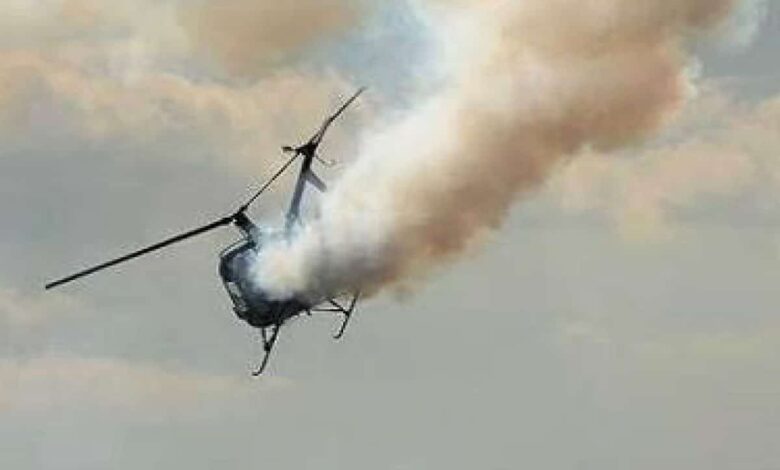Recovery operations have revealed the tragic fate of eight Nigerian National Petroleum Company Limited (NNPCL) staff members who perished in a helicopter crash off the coast of Port Harcourt, Rivers State. The incident, which occurred on Thursday morning, has cast a somber shadow over the nation’s petroleum industry and raised questions about aviation safety in offshore operations.
The ill-fated aircraft, a Sikorsky SK76 helicopter operated by East Winds Aviation, departed from the Port Harcourt Military Base (DNPM) at approximately 11:22 a.m., bound for the FPSO – NUIMS ANTAN oil rig. The journey, which should have been a routine transfer of personnel to an offshore facility, ended in tragedy when the helicopter crashed into the Atlantic Ocean near Bonny Finima.
NNPC spokesperson Olufemi Soneye confirmed that the helicopter was chartered by NNPCL, adding a formal dimension to the tragedy that has now claimed eight lives. The Ministry of Aviation and Aerospace Development, through their spokesperson Odutayo Oluseyi, verified the number of passengers on board at the time of the incident.
The gravity of the situation became apparent when the Rivers State Police Command confirmed that all eight occupants of the aircraft had lost their lives in the crash. This confirmation transformed what began as a rescue operation into a recovery mission, with emergency services working tirelessly in challenging maritime conditions.
A viral video circulating on social media has captured the grim reality of the situation, showing sailors conducting recovery operations and transferring the remains of the NNPCL staff to a waiting helicopter. The footage has brought the tragic reality of the incident into sharp focus, sparking an outpouring of grief and sympathy across the nation.
The crash site’s location in the Port Harcourt waterways presented significant challenges for recovery teams, who had to contend with ocean currents and weather conditions while carrying out their solemn duty. The maritime location of the crash has also complicated investigations into the cause of the accident, though authorities are expected to launch a comprehensive inquiry.
This incident has highlighted the risks associated with offshore oil and gas operations, where helicopter transport is often the only practical means of accessing remote facilities. The use of the Sikorsky SK76, a helicopter model with a generally strong safety record, raises questions about the specific circumstances that led to this tragic outcome.
The impact of this disaster extends beyond the immediate loss of life, affecting families, colleagues, and the broader NNPCL community. As Nigeria’s primary oil and gas company, NNPCL operations involve frequent personnel transfers to offshore facilities, making aviation safety a crucial concern for the organization.
The incident has prompted calls for a thorough review of safety protocols in offshore aviation operations, particularly those involving personnel transfers to oil and gas facilities. Aviation experts suggest that such reviews are essential to prevent similar tragedies in the future and ensure the highest safety standards in Nigeria’s offshore operations.
Emergency response protocols were immediately activated following the crash, with various agencies coordinating their efforts in the recovery operation. The swift response, while unable to save lives in this instance, demonstrated the readiness of emergency services to respond to offshore incidents.
As investigations begin into the cause of the crash, attention will likely focus on several key areas, including weather conditions at the time of the incident, mechanical factors, and operational procedures. The findings could have significant implications for future offshore aviation operations in Nigeria’s oil and gas sector.
The loss of eight professionals in a single incident represents not only a human tragedy but also a significant blow to the expertise and experience within NNPCL. The company will face the challenge of addressing both the immediate impact of the loss and the longer-term implications for its operations.
As the nation mourns this tragic loss, questions about aviation safety in offshore operations are likely to remain at the forefront of discussions within Nigeria’s oil and gas industry. The incident serves as a stark reminder of the risks involved in offshore operations and the continuous need for stringent safety measures in all aspects of petroleum industry activities.




